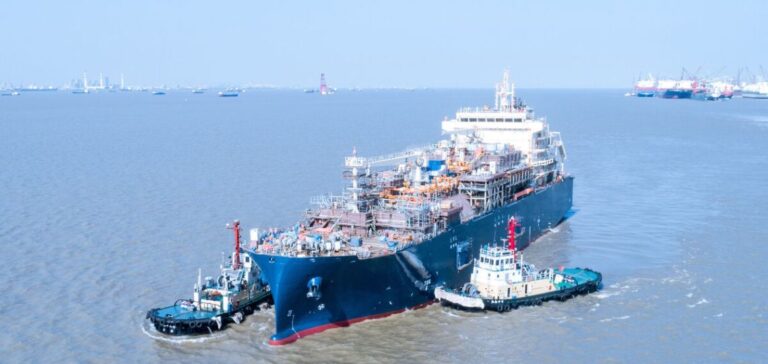Japan, in the middle of its rainy season, was hit by an unexpected heatwave on July 8, leading to a significant increase in electricity demand. The high temperatures particularly affected the Tokyo and Kansai regions, according to the Organization for Cross-Regional Coordination of Transmission Operators (Occto). This situation forced Occto to ask its members to increase their electricity production capacity and Tokyo consumers to reduce their consumption until 10:00 pm.
This increased demand also had an impact on electricity prices traded on the Japan Electric Power Exchange (JEPX), where the average overnight price reached 18.45 yen/kWh on July 8, the highest level since September 21, 2023.
Impact on the LNG market
In response to this situation, Japanese energy companies are considering turning to additional LNG cargoes to meet the demand for rapid delivery. According to market sources, Japanese buyers are already active on the market, checking prices for August and September. One LNG trader indicated that Japanese end-users could buy around five additional cargoes.
Japanese gas companies, which don’t usually see an increase in gas demand during the summer, could buy LNG cargoes on the spot market to generate electricity and take advantage of the favorable spark spread.
Price fluctuations and purchasing strategies
Potential interest in immediate cargoes also flattened the contango structure for the first half of August, due to increased valuation of closer deliveries. The price difference between the first and second halves of August was estimated at 0.7 cents per million British thermal units (MMBtu) of contango on July 8, compared with 4.9 cents/MMBtu on July 5, according to Platts, a division of S&P Global Commodity Insights.
Perspectives and reactions from market players
Rising electricity prices on JEPX could prompt some Japanese companies with excess capacity to buy LNG cargoes on the spot market to generate and sell electricity on JEPX. A third LNG trader pointed out that these companies could take advantage of rising electricity prices to make their LNG purchases more profitable.
The short-term outlook for Japan’s LNG market depends largely on changing weather conditions and the ability of energy companies to respond quickly to increased demand. The current situation illustrates the importance of flexibility and adaptability in energy supply strategies in a context of unpredictable climate change.
The actions of Japan’s energy companies over the coming weeks will be closely scrutinized as they seek to stabilize the country’s energy market while ensuring a reliable and cost-effective supply of LNG. These measures could also influence trends in the global LNG market, affecting prices and supply strategies on an international scale.






















